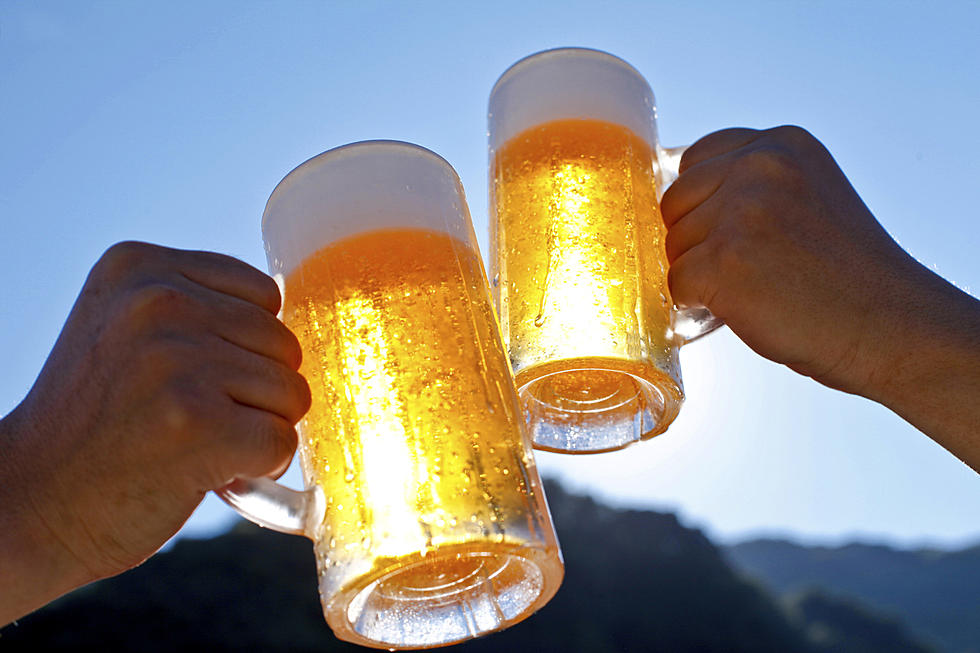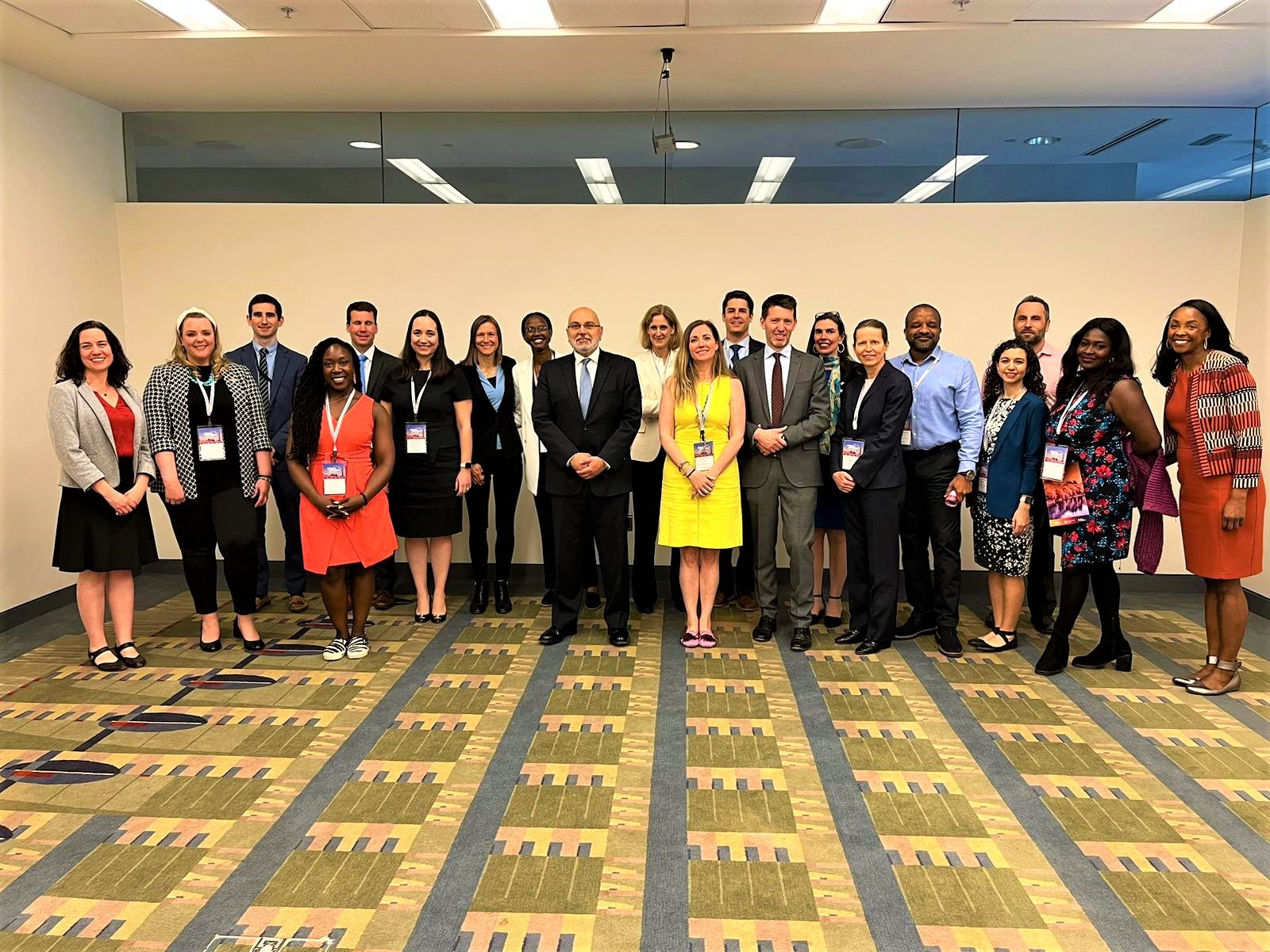Nigeria’s Uyo Global Shaper Community has emerged winner of 2016 Coca-Cola Shaping a Better Future Grant Challenge. The community shares the crown with Ho, of Ghana.
The Uyo Hub of the Global Shapers Community will receive a $10,000 grant for their winning project, “Education for Sustainable Development”.
The initiatives is led by members of the World Economic Forum’s Global Shapers Community. Through this project, the Global Shapers seek to correct the negative educational impact on student caused by dilapidated school buildings, overcrowded classrooms, inadequate instruction, insufficient teacher training, and a shortage of textbooks.
To date, the “Education for Sustainable Development” project has increased access to educational materials, resources and facilities for nearly 24,000 students in Nigeria.
Coca-Cola Company said funding from the company will accelerate the project’s work to build libraries and educational infrastructure for underprivileged students in Nigeria.
Speaking on success of Uyo Global Shapers, President, Coca-Cola West Africa, Peter Njonjo, said, “It is exciting to see young people demonstrate active interest and resourcefulness in developing innovative solutions for many of the challenges faced by our communities in Africa. This growing trend of social entrepreneurship is supported by The Coca-Cola Company in many ways, and I am particularly proud that two Global Shapers Hub in West Africa – Ho, Ghana and Uyo, Nigeria – were selected as 2016 Winners of the Coca-Cola Shaping a Better Future Grant Challenge”.
On his part, Mmanti Umoh of the Uyo Global Shapers Hub in Akwa Ibom State, said, the community must not be weary in its pursuit of educational excellence in the state. According to him, effort of the Global Shapers will help the state achieve global competitiveness.
He said: “Our hunger for better education in this state should never stop. We need to be focused on enabling Akwa Ibom students to pursue their right to education by eliminating the barriers they face and ensuring that activities and programs are innovative, evidence-based and sustainable.
“This is the foundation of what will make Akwa Ibom great and the key ingredient for global competition. Education in Akwa Ibom needs to become better to meet the demands of the global marketplace. We must support our government schools to offer the opportunity to foster innovative environments that allow teachers and students to interact in ways that prepare them for jobs and skills that will be relevant in the future. The students are the stakeholders for a better future, and helping provide them quality education is our collective responsibility.”






Comment
No comments found.